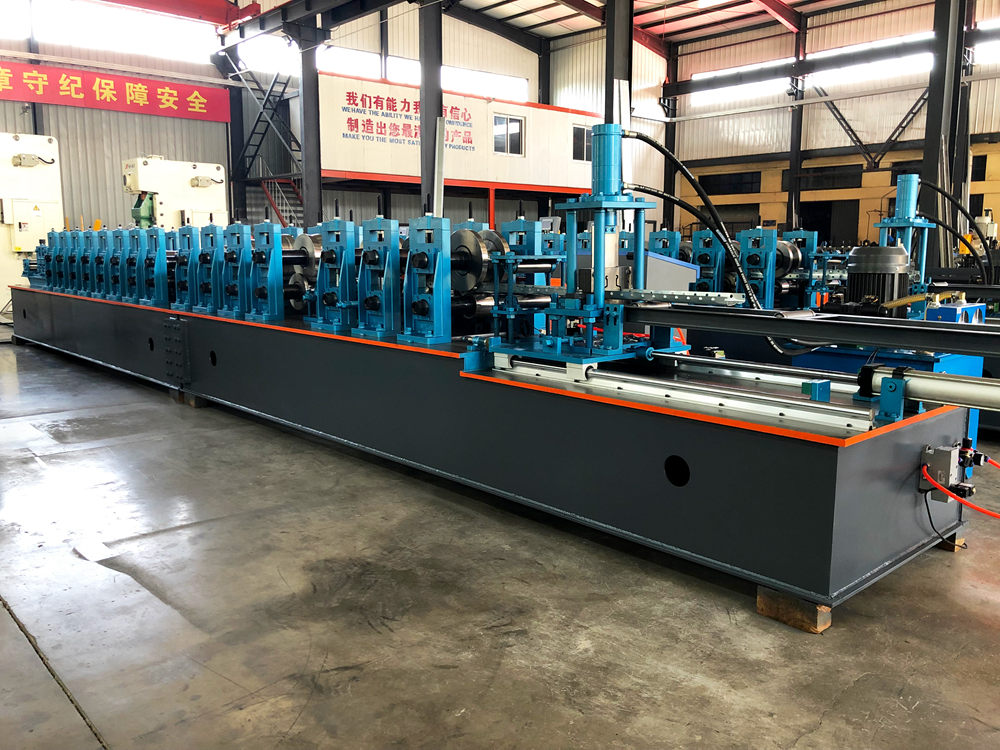
The Importance of Decoilers in Modern Manufacturing
In the fast-paced world of modern manufacturing, efficiency and precision are paramount. One essential piece of equipment that contributes to these qualities is the decoiler. Decoilers play a critical role in the processing and handling of various materials, particularly in industries such as metalworking, automotive, aerospace, and construction. This article will explore the significance of decoilers, their types, applications, and the benefits they bring to production processes.
A decoiler is a device used to unwind coils of material, typically metal sheets or strips, as part of the manufacturing process. The primary function of a decoiler is to feed the material into machinery that performs further processing, such as cutting, stamping, bending, or shaping. By ensuring a smooth and continuous feed of material, decoilers help maintain the efficiency and productivity of manufacturing operations.
Decoilers come in various types, each designed to meet specific operational needs. Manual decoilers are the most basic form, requiring an operator to unwind the coil by hand. While this method may be suitable for small operations or hobbyists, it is labor-intensive and can lead to inconsistent material feeding. As a result, automated decoilers have become increasingly popular in larger manufacturing settings. These machines are equipped with powered rollers that enable automatic and controlled unwinding of coils. Automated decoilers can also incorporate tension control systems to ensure consistent material feeding, further enhancing efficiency.

The applications of decoilers are vast, encompassing a wide range of industries. In metal fabrication, decoilers are used to handle steel, aluminum, copper, and other metal coils. The automotive industry relies on decoilers for processing steel to fabricate parts such as chassis, body panels, and other components. In the construction sector, decoilers can be employed to feed materials into machines that create roofing panels, siding, and other structural elements. Additionally, decoilers are essential in the production of appliances, electronics, and packaging materials, showcasing their widespread utility.
One of the key benefits of utilizing decoilers in manufacturing is the improvement in process efficiency. By automating the feeding of materials, decoilers reduce the time and labor required for production. This allows for more streamlined operations and can lead to higher output rates. Furthermore, the consistent feeding of materials minimizes the risk of errors and defects, contributing to better quality control.
In addition to increased efficiency, decoilers also enhance safety in the workplace. Manual handling of heavy coils can pose significant risks, including back injuries and accidents. By implementing decoilers, companies can reduce the physical strain on workers and minimize the chances of workplace injuries. Automated systems often come with safety features, such as emergency shut-off mechanisms and protective guards, ensuring a safer working environment.
In conclusion, decoilers are a vital component of modern manufacturing processes, offering efficiency, safety, and precision. As industries continue to evolve and strive for improved productivity, the role of decoilers will only become more prominent. Investing in high-quality decoilers can lead to significant returns in terms of operational efficiency and overall production capacity. As manufacturers seek to optimize their processes and meet the demands of a competitive market, decoilers will undoubtedly remain at the forefront of their machinery investments.